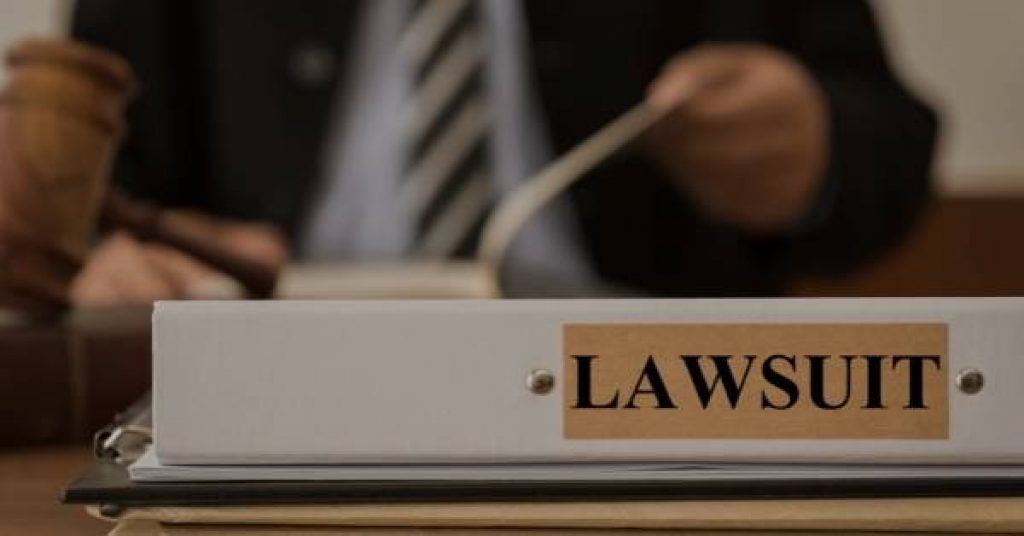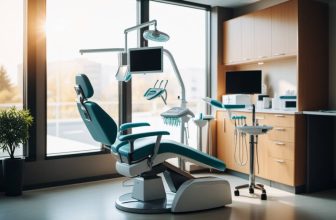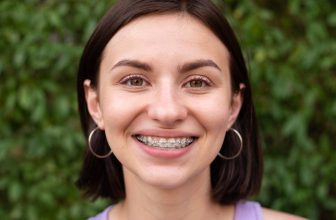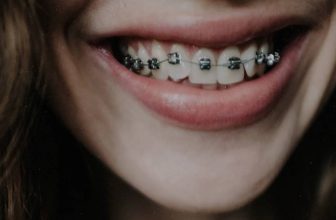Attorney General Letitia James announced today that Diamond Braces, a chain of dental offices, has agreed to pay $9 million to settle allegations that it allowed uncertified employees to perform orthodontic procedures and then improperly billed Medicaid for payment.
This is unacceptable. Diamond Braces billed Medicaid for services that were performed by uncertified individuals, cheating our state out of millions of dollars. We will not tolerate these deceptive business practices.
Diamond Braces has twelve locations in New York State, including dental offices in all five boroughs and Nassau and Rockland Counties. If you or someone you know has received orthodontic treatment at one of these locations, we urge you to contact our office.
Protecting patients is our top priority, and we will continue to crack down on businesses that defy the law and put profits over people.
What was the settlement of this lawsuit?
This settlement’s center is Oleg Drut, DDS, and Diamond Braces. They have both admitted that some of the work done at their clinic was carried out by employees who were not certified by the New York State Education Department. In addition, they also falsely claimed that these uncertified employees had the necessary qualifications to provide the services in question.

This agreement requires Drut and Diamond Braces to enter into a corporate integrity agreement, whereby an independent monitor will confirm that they comply with New York law. Furthermore, they must also pay $9 million to the Medicaid program – $4.5 million of which is restitution for the fraudulent activity and an additional $4.5 million in penalties.
Was it a serious matter?
This is a serious matter because it defrauded the Medicaid program and put patients at risk by having uncertified individuals perform potentially dangerous procedures. We hope this settlement will help rectify the situation and ensure that Diamond Braces complies with all applicable laws in the future.

As the New York State Education Law states, to be a certified dental assistant in New York, you must complete formal education and clinical experience requirements and pass a state-administered exam. Moreover, this certification allows you to perform specific procedures, known as scope of practice rules – tasks that other licensed professionals such as hygienists and dentists are typically allowed to do. So, if you’re not certified by the NYSED, you cannot perform any work inside patients’ mouths – no matter how skilled you may be. So get out there and get certified! Your patients will thank you for it.
What was the evidence?
MFCU’s investigation found no evidence that patients were injured due to the violations. The investigation was conducted by Supervising Investigator Ronald Lynch, Investigators Shavaun Clawson and Timothy Connolly with assistance from Deputy Chief Investigator Kenneth Morgan. Senior Auditor-Investigator Kizzy-Ann Waldropt and Auditor-Investigators Brian Gonell and Corinne Rondina conducted financial analysis under the supervision of NYC Regional Chief Auditor Thomasina Smith.
Confidential Legal Analyst Victoria L. Sepe provided investigative support. Special Assistant Attorneys General Felicia Berenson-Reinhardt, Todd Pettigrew, Ting Ting Tam, and Alee N. Scott handled the case with MFCU’s Chief of Criminal Investigations – Downstate Thomas O’Hanlon, and MFCU’s Civil Enforcement Division Chief Carolyn Ellis. MFCU is led by Director Amy Held and Assistant Deputy Attorney General Paul J. Mahoney. MFCU is within the Attorney General’s Criminal Justice Division.
Conclusion
This is a serious matter because it defrauded the Medicaid program and put patients at risk by having uncertified individuals perform potentially dangerous procedures. We hope this settlement will help rectify the situation and ensure that Diamond Braces complies with all applicable laws. As the New York State Education Law states, to be a certified dental assistant in New York, you must complete formal education and clinical experience requirements and pass a state-administered exam.
Moreover, this certification allows you to perform specific procedures, known as scope of practice rules – tasks that other licensed professionals such as hygienists and dentists are typically allowed to do.







